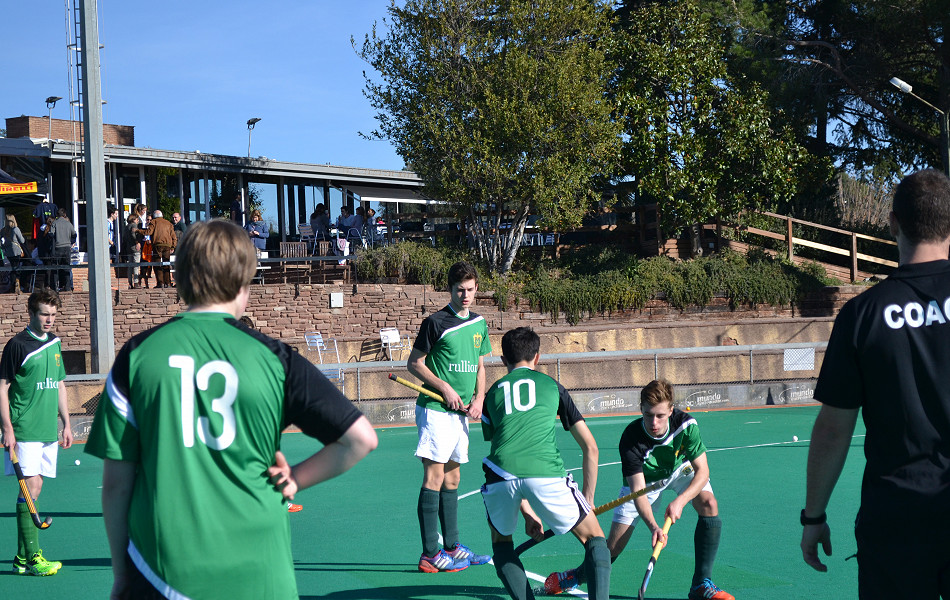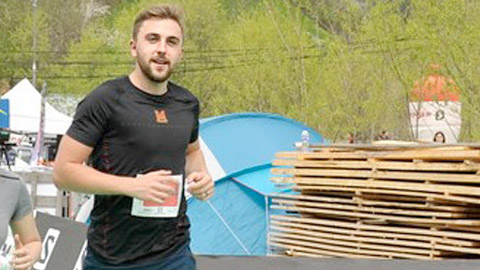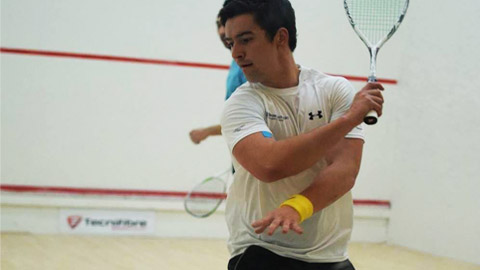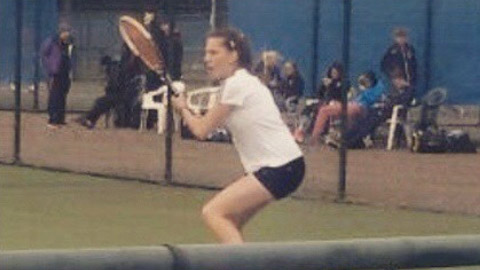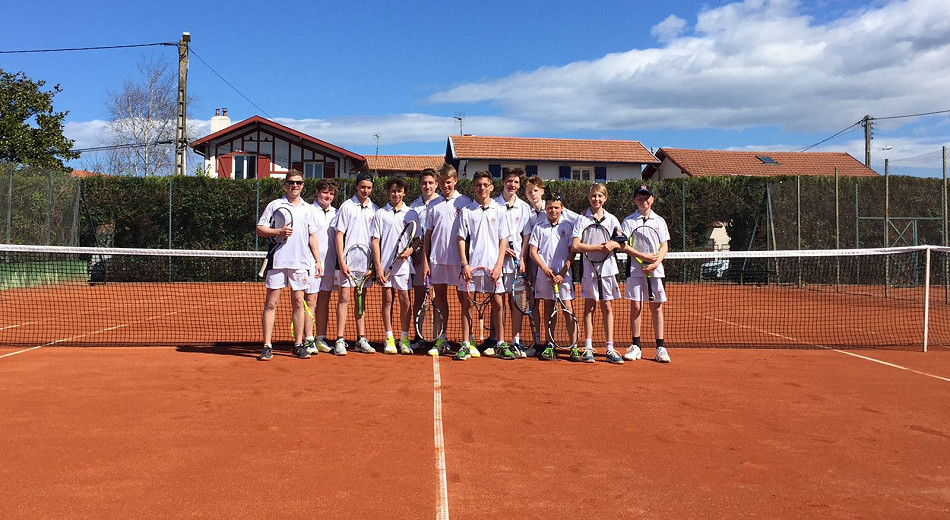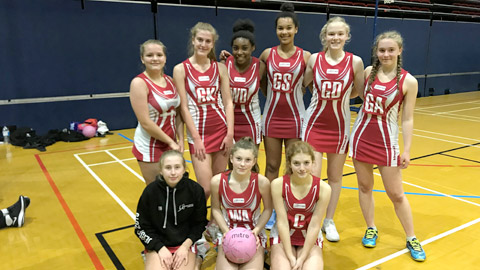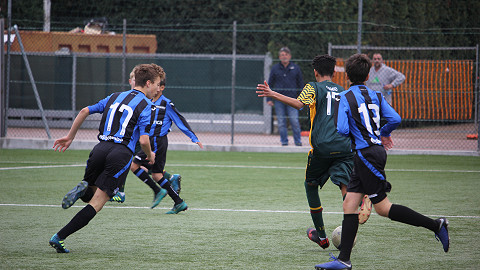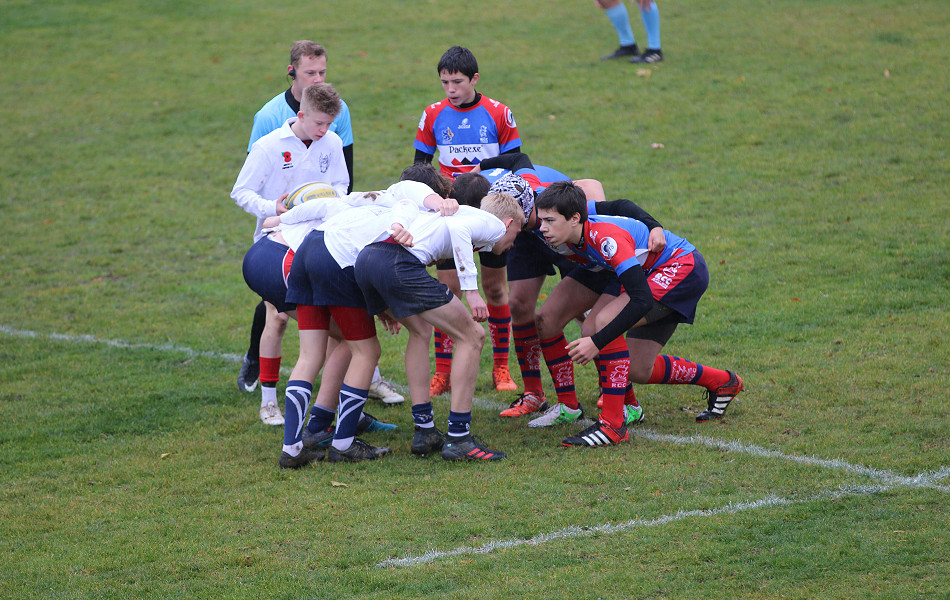Freephone: 0800 496 4996
-
- About us
- Club Europe's Experience
- What makes us different?
- Frequently Asked Questions
- Be coached by the best
- Meet the team
- My Club Europe
- Safety and Support
- Support from a family-run company
- School Travel Forum
- Safety management and risk assessments
- Travel advice and insurance
- Freephone: 0800 496 4996
- Request a quote



